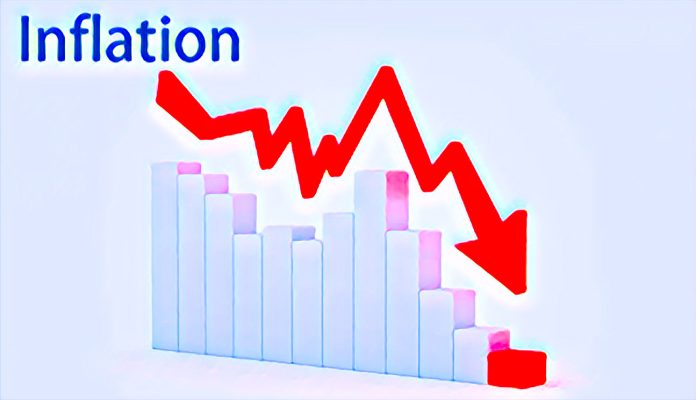KEY POINTS
-
Nigeria’s annual inflation rate decreased to 23.71% in April 2025 from 24.23% in March.
-
Food inflation declined to 21.26% year-on-year, with staple food prices contributing to the decrease.
-
Urban areas saw a more significant slowdown in inflation compared to rural regions.
Nigeria’s annual inflation rate eased to 23.71% in April 2025, down from 24.23% in March, according to the National Bureau of Statistics (NBS). This marks a 0.52 percentage point decrease, indicating a slight moderation in the country’s inflationary pressures.
The NBS attributed this decline to a reduction in food prices, with the food cost rate standing at 21.26% year-on-year in April, compared to 21.79% in March. On a month-on-month basis, food prices decreased to 2.06% from 2.18% in the previous month.
Premium Times reports that the bureau noted that this decrease was due to lower average prices of staple items such as maize flour, wheat grain, dried okra, yam flour, soya beans, rice, and various types of beans.
Urban and rural inflation rates show divergent trends
In April, the urban rate was 24.29% year-on-year, while the rural inflation rate stood at 22.83%. On a month-on-month basis, urban prices slowed to 1.18% from 3.96% in March, whereas rural inflation slightly decreased to 3.56% from 3.73%. This suggests that urban areas experienced a more significant deceleration in price increases compared to rural regions.
The NBS also reported that the Consumer Price Index (CPI) rose to 119.52 in April, reflecting a 2.18-point increase from the preceding month.
The average annual rate of food costs for the twelve months ending April 2025 was 31.43%, slightly lower than the 32.74% recorded in April 2024.
Despite the overall decline, certain states experienced higher rates. Benue recorded the highest year-on-year food inflation at 51.76%, followed by Ekiti at 34.05% and Kebbi at 33.82%. Conversely, Ebonyi, Adamawa, and Ogun states reported the slowest increases in food inflation.
The recent moderation in inflation rates may provide some relief to Nigerian households grappling with high living costs. However, economic analysts caution that sustained efforts are necessary to address the underlying factors contributing to it, such as supply chain disruptions and currency fluctuations.



